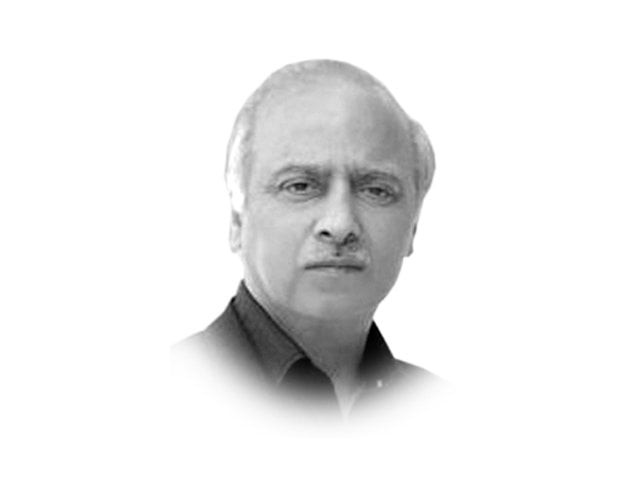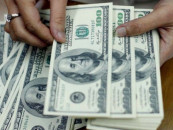Dealing with paradoxes
For many, Pakistan’s volatile security situation and the relatively meek response of the government are mind-boggling.

The writer is the Executive Director of the Independent Centre for Research and Security Studies
During a recent visit to Washington and New York, I was faced with these probing questions by people who know Pakistan from a distance. They represent the dominant majority. For many, Pakistan’s volatile security situation and the relatively meek response of the government are mind-boggling. The majority believes that the Pakistani state is gradually unravelling under the burden of its enormous security crisis, economic adversity and political expediency.
One also comes across some voices, which understand Pakistan and are not that pessimistic about its future. Unlike the majority, a small minority grounds its views in reality. Haroon K Ullah represents those who had a very close brush with Pakistan for a few years. His book, the latest addition to the literature on Pakistan, is an insightful survey of Pakistan’s religio-political parties in particular and sheds light on the paradoxes that exist within the right wing and the mutual mistrust and dislike within the two mainstream religio-political parties.
He divides political groups into religious parties, i.e., the Jamaat-e-Islami (JI) and the Jamiat Ulema-e-Islam (JUI) and Muslim democrats (the PPP, the PML-N, the ANP, the MQM, etc.) to argue that Muslim democrats continue to hold sway over the majority vote and explains the reason for that. One of the conclusions that he comes to is that “although concerns about Islamism are certainly expressed, explicitly Islamic parties are by far the minority and hold far less electoral power than the secular or amorphously religious do”. To underline this point, Haroon differentiates the Pakistani hardline political groups from those in other Muslim states, where religious parties have little to no apparent interest in gaining control over national matters, but for total authoritative power.
“Poverty is correlated with support for Muslim democratic parties over Islamist parties at the national level of aggregation … voting for mainstream Muslim democrats on the national level is rational for poorer voters because Muslim democrat parties are more likely to win national election and … poor voters are more reliant on government largesse for land, jobs, grants, access to markets, and other social services, so they have a greater incentive to curry favour with the Islamic party that is more likely to control those patronage networks.”
Based on his experience, Haroon also provides answers to many policymakers in the West, who are unsure as to how to deal with relgio-political forces i.e., include or exclude them from the mainstream development discourse. It’s the people who are fearful of the ‘closing of ranks’ of mainstream religio-political forces but using statistics from the Election Commission of Pakistan, Haroon disregards these apprehensions and advocates a policy of co-option.
Haroon also recalls a conversation with a JI leader: “We dislike the JUI more than anyone else. They say they uphold religious principles but they are the worst at violating them … We are the only ones that have Islamic pedigree and credibility.”
Interactions with a number of Pakistan observers in the West clearly betray the lack of understanding on certain issues and the evolution and present role of mainstream parties. These critics overlook some of the ideological issues that prevent a real alliance among them. What remains alarming for many in the West is that mainstream political parties embrace part of the agenda that religious parties peddle, and thus help expand the constituency that looks at all issues through the religious prism.
Published in The Express Tribune, February 26th, 2014.
Like Opinion & Editorial on Facebook, follow @ETOpEd on Twitter to receive all updates on all our daily pieces.














COMMENTS
Comments are moderated and generally will be posted if they are on-topic and not abusive.
For more information, please see our Comments FAQ